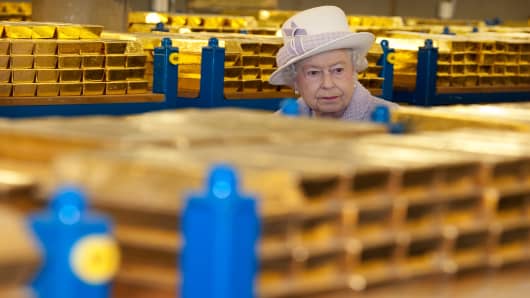
As #G20 leaders meet in #Bali they should start thinking about systemic reforms fit for the #polycrisis we are in.
Here’s a proposal I wrote for @CarnegieEndow
@adam_tooze @Noahpinion @davidmcw @MazzucatoM @HelenClarkNZ @GayleSmith @micksheldrick
carnegieendowment.org/2022/11/15/glo…
Here’s a proposal I wrote for @CarnegieEndow
@adam_tooze @Noahpinion @davidmcw @MazzucatoM @HelenClarkNZ @GayleSmith @micksheldrick
carnegieendowment.org/2022/11/15/glo…
Here’s the #G20 communique.
Lots of warm words on climate and food insecurity but not much new.
From a quick read there’s nothing new on debt, some welcome language on @IMFNews Special Drawing Rights.
linktr.ee/mediacenterg20
Lots of warm words on climate and food insecurity but not much new.
From a quick read there’s nothing new on debt, some welcome language on @IMFNews Special Drawing Rights.
linktr.ee/mediacenterg20

And here’s a great analysis from @FredRoder
https://twitter.com/fredroder/status/1592795763306008576
More great analysis from a pandemic preparedness perspective from @eloisetodd
https://twitter.com/eloisetodd/status/1592804178862407680
And more from @GlblCtzn @GlblCtznImpact
https://twitter.com/glblctznimpact/status/1592804245509918721
.@EmmanuelMacron just announced an international conference on the “new financial deal” with developing countries (June 2023).
>SDRs and the 30% recycling target
>Reform of international financial institutions
>Climate vulnerability and loss and damage.
🙏
>SDRs and the 30% recycling target
>Reform of international financial institutions
>Climate vulnerability and loss and damage.
🙏
• • •
Missing some Tweet in this thread? You can try to
force a refresh


















